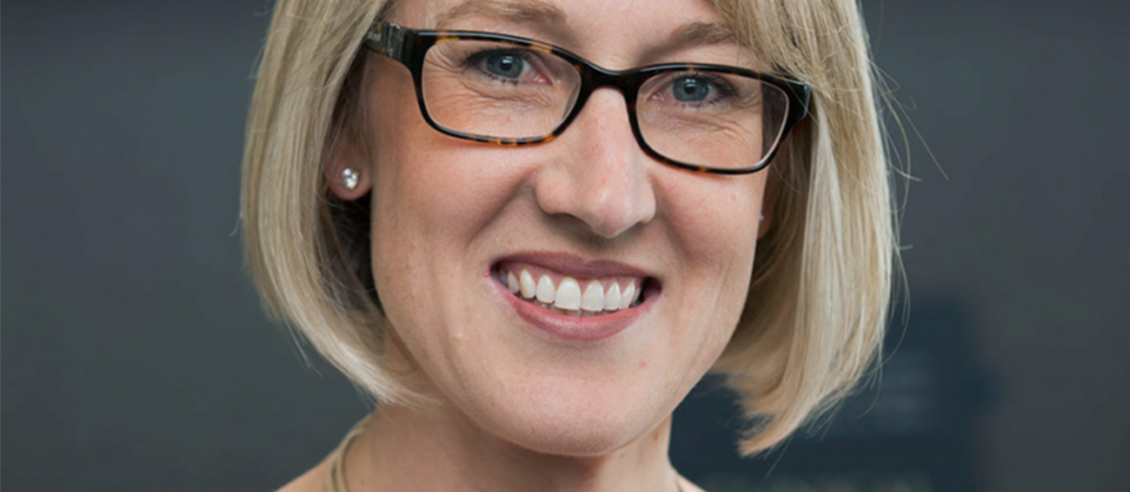‘making hope real’ for patients with MDS

In June this year at the European Haematology Association meeting in Italy, Dr Melita Kenealy, project manager of the Victorian Epigenetics Group, presented the first results of her recently led, large Australian study for patients with Myelodysplastic syndromes. Here is a brief summary of her report, “First Analysis ALLG MDS4 Study”:-
‘Making hope real’ for patients with Myelodysplastic syndromes (MDS) are a group of pre-leukaemic conditions with ineffective blood cell production by the bone marrow. Many patients have anaemia requiring regular blood transfusions, infection complications from low infection fighting cells (neutrophils) and bleeding from low platelets. In addition to these complications, which often impact on quality of life, patients with MDS have a real risk of developing leukaemia, a cancer of the white blood cells which is usually very difficult to treat.
Until recently there were very few treatment options for MDS patients to try to reverse or alter the disease – treatment was focused on maintaining quality of life and managing the complications. In 2011 azacitidine (Vidaza – an epigenetics drug) became reimbursed for patients with higher risk MDS. This was on the basis of a large international study, which showed improvement in blood cells, lower risk of AML and improved survival compared to patients treated with standard management. However this treatment is not available in Australia for all types of MDS, not all patients respond and even in those that do the disease usually relapses with a poor outlook.
To improve MDS treatments, many researchers are using combinations of drugs. One such combination – azacitidine plus lenalidomdie (revlimid) was used in a large Australian study led by Dr Kenealy and conducted by the Australasian Leukaemia and Lymphoma Group (ALLG) – the first large study of its kind to be completed. Lenalidomide is currently only available for a very small proportion of MDS patients who have a particular subtype. This study treated 160 patients with higher risk type MDS with either azacitidine alone, or azacitidine with lenalidomide for up to 12 months and assessed how people tolerated the treatment and how effective it was. In addition, patient bone marrow samples from the study were taken to test biomarkers which may predict who is more likely to respond, and assist in working out how the treatment works.
Dr Kenealy has presented the first results of the study at the European Haematology Association (EHA) meeting in June 2014. The combination treatment was well tolerated by patients with no increase in moderate to severe side effects. The combination appeared promising with more people responding to the combination (68% compared with 54% on azacitidine alone overall), but this was not shown to be statistically significant. Later this year, more results will be available from the study to determine whether the combination appeared to be of benefit, and some biomarker work will be analysed.
Dr Melita Kenealy is the project manager of the Victorian Epigenetics Group and principal investigator of ALLG MDS3 and ALLG MDS4. She has been supported through the Victorian Cancer Agency and Snowdome Foundation.
